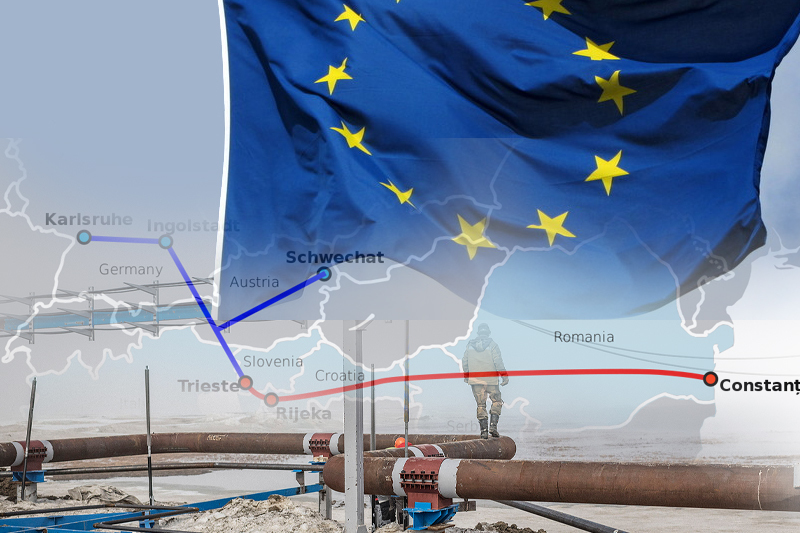
Proposed pipeline between Iberia and central Europe can be EU’s lifeline
European authorities are considering a proposal by Germany to set up liquefied natural gas pipeline from Spain to Italy, in an effort to around opposition by France for a gas link up across the Pyrenees and between the Iberian peninsula and central Europe. “Portugal and Spain could send a lot of the liquefied natural gas, or LNG, they receive from around the world to other European Union countries,” Portugal’s Prime Minister Antonio Costa said on Friday.
Efforts to cease EU’s reliance on Russian gas
EU countries have been struggling to agree over a common solution on how to gradually cease their reliance on Russian natural gas. During the entire period of ongoing Ukraine war, Russian President Vladimir Putin has “weaponized” Russian gas exports to pressurize the bloc to reduce the strict sanctions imposed on Moscow. Russian gas exports have already been cut off by Putin to more than dozen of EU countries, with reduced oil exports to critical industrial powerhouses of Europe like Germany.
Keep Reading
New pipeline can be the needed solution
At present the two Iberian countries, Spain and Portugal, receive the LNG or Liquified Natural Gas through pipeline from Algeria and Morocco, along with shipments from countries like the United States and Nigeria. But the rapidly depleting energy sources between the Iberian peninsula and rest of Europe is a growing concern.
“The Iberian peninsula has capacity to replace a large part of the liquefied natural gas that central Europe today imports from Russia,” Costa said. With six LNG plants in Spain — including Europe’s largest, in Barcelona — and one in Portugal, the Iberian countries at present account for one-third of Europe’s capacity to process LNG – with six LNG plants in Spain (the Europe’s largest plant being in Barcelona) and one in Portugal.
The proposal to establish the pipeline has been well received by both Portugal and Spain. “Spain is well prepared,” Spanish Industry Minister Reyes Maroto told media on Friday. “We hope that if the German chancellor’s proposal prospers, we will have better gasification and more interconnections in Europe so as not to depend on Russian gas and be self-sufficient energy wise.”




